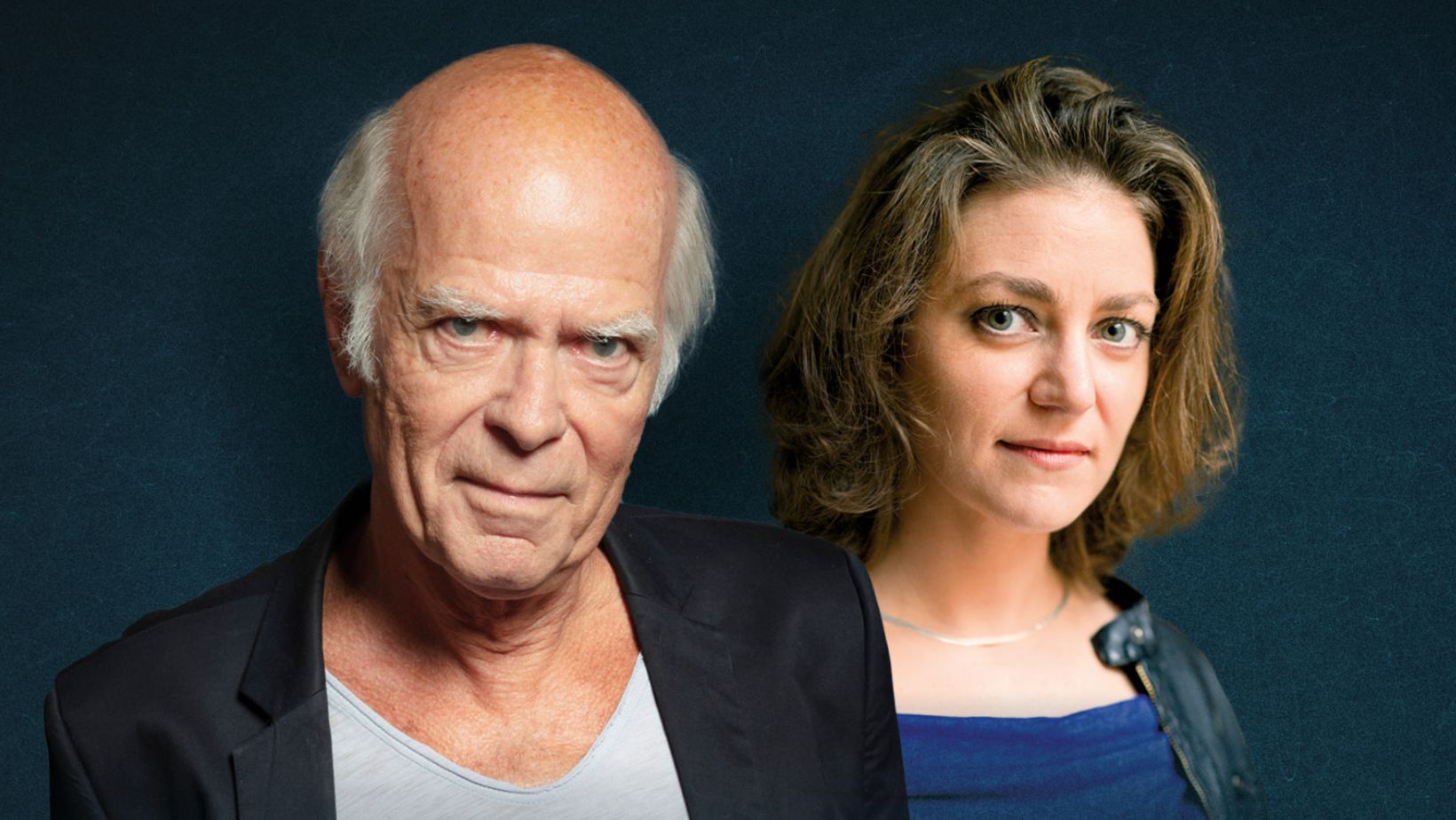FAURÉ OU LE DERNIER AMOUR
G. Fauré: Improvisations
(excerpt from Huit pièces brèves)
Barcarolle n°13
Theme and variations in C# minor, variations n°6 and 9
Nocturne n°11
Nocturne n°12
Barcarolle n°9
Barcarolle n°10
Theme and variations in C# minor, variation n°8
Barcarolle n°12
Nocturne n°13
Fauré’s love affair with Marguerite Hasselmans, witness to the last twenty-four years of the composer’s life, inspires pianist Aline Piboule and writer Pascal Quignard to engage in an intimate conversation between music and words.
When they met in 1900, she was twenty-four, he fifty-five. Until the composer’s death, Marguerite Hasselmans would be a choice interpreter, a close friend and a daily confidante, observing Parisian musical life as well as the maturation of Fauré’s work. Pianist Aline Piboule, accustomed to encounters with her instrument from a variety of worlds, and writer Pascal Quignard, who is often inspired by music, lend their voices to an intimate program combining period piano and narrative. A secret face of the French master emerges, recomposed by the overexposure of excerpts from his extensive correspondence, unpublished texts by the writer, who is also the narrator, and late pieces with Romantic outlines.
“Aline Piboule, la pianiste qui parle à l’oreille des spectateurs” – Sophie Bourdais, Télérama (August 2024)
(….) It’s the latest, almost experimental Fauré that sets the pace for the magical evening offered by Aline Piboule and Pascal Quignard. Sitting in front of the curved Steinway, he begins by stating the title. The pianist follows with an Improvisation from Huit Pièces brèves, brimming with tenderness and light, while the writer bounces back with a short phrase: “In Béziers, in 1900, a young woman appears. In her beautiful, deep, slightly veiled voice, she draws us into the whirlwind of love and creativity that engulfed Fauré and Marguerite Hasselmans, thirty years his junior. The music, full of finely nuanced passions, fills the gaps in the text, magnificent in its concision and poetry. The writer and pianist pass on the “word” smoothly, listening to each other with breathtaking intensity, as is customary in a chamber duo.
This is the third time that Pascal Quignard and Aline Piboule have built a bridge between literature and music. They began in 2020 with Boutés, inspired by the story of an Argonaut willing to die to hear the sirens sing, and continued with Ruines (…)

